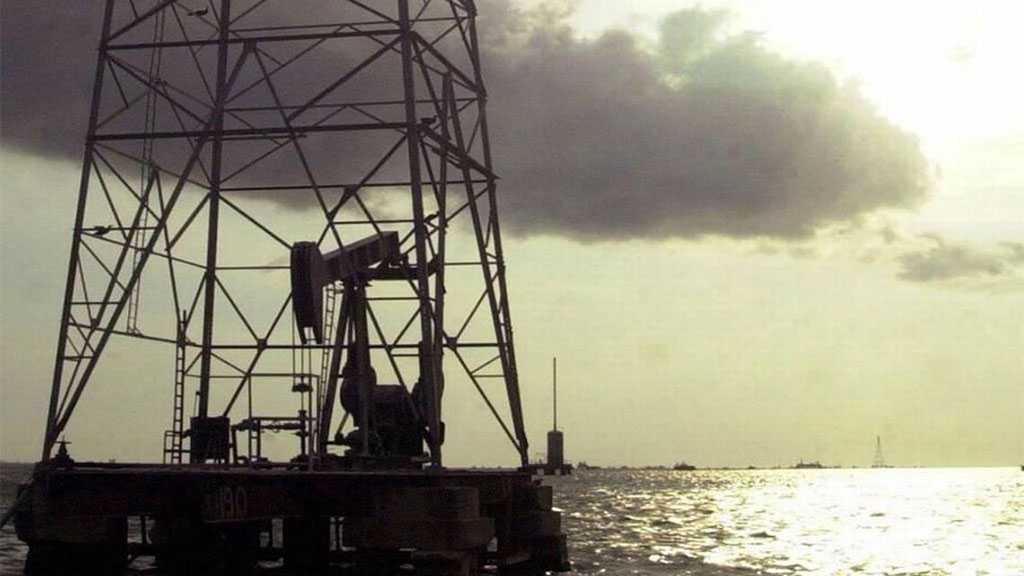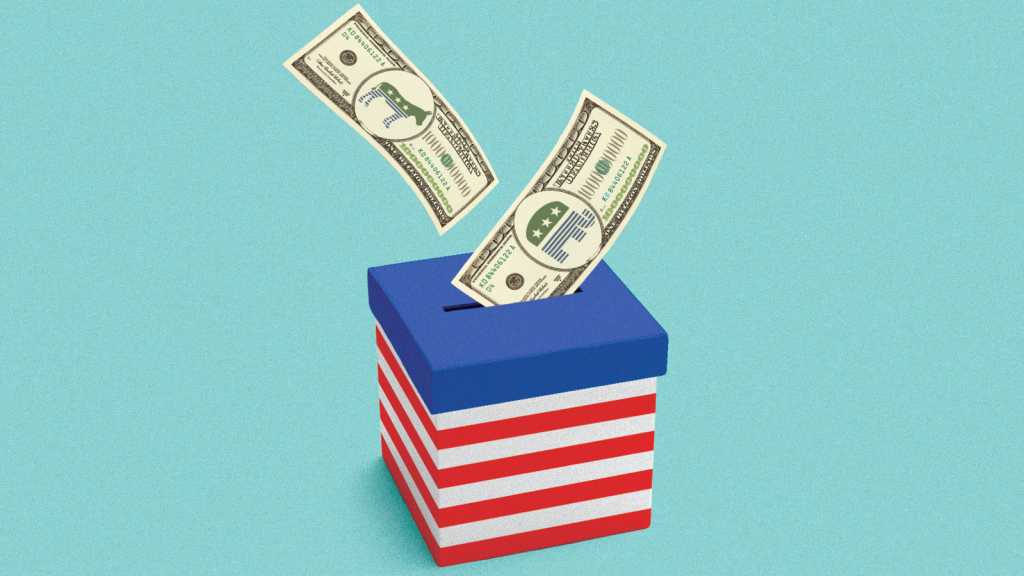Venezuela Doubles Oil Output despite US Bans

By Staff, Agencies
Venezuela doubled its oil production over the past months thanks to Iran's help in defiance of US sanctions against Caracas, according to oil industry analysts.
The Venezuelan oil production reached an estimated average of 900,000 barrels per day [bpd] in December and could reach 850,000 bpd in January, oil industry sources told the Miami Herald.
The sources stressed that the rise in Venezuela’s oil output mainly stemmed from the regular shipments of thinners from Iran that had allowed the country to make up for the decline in domestic production.
Thinners, usually the petroleum derivative known as naphtha, are essential to reducing the viscosity of the super-heavy Venezuelan crude oil.
Venezuelan oil experts confirmed the significant growth in the country’s oil production, underlining that the Iranian naphtha is essential for the government in Caracas to be able to sell crude from the Orinoco Oil Belt, which needs to be diluted to be sold on world markets.
“Indeed, they have increased production and there are several elements that indicate this,” said Juan Fernandez, former Executive Director of Planning for Venezuela's state-run firm Petroleos de Venezuela [PDVSA]. “A lot of it is because they have been receiving the Iranian thinner and that goes directly to production in the Orinoco heavy-oil belt.”
Fernandez said the Venezuelan industry estimates that each barrel of thinner allows Venezuela to produce three of Orinoco Belt oil, adding, “Oil production estimates for the belt currently add up to 450,000 to 500,000 barrels a day and that is due mainly to Iran’s help.”
Fernandez stressed that the increase, together with the sharp rise in oil prices, is providing significant additional income to the government of President Nicolas Maduro and it is helping fuel forecasts that Venezuela will notch in 2022 its first GDP increase in six years.
Experts said that of the nearly 900,000 bpd currently being produced, some 600,000 could be destined for export despite the US ban.
Braving illegal US sanctions, Tehran sent several gasoline cargoes to Venezuela to help it overcome fuel shortages in 2020, as well as equipment to help state oil company PDVSA repair its dilapidated refineries.
Iran’s supply of condensate can help Venezuela increase its crude exports as the country needs the revenues to improve an economy that has suffered because of US sanctions. The Islamic Republic has shipped food, refinery parts, condensate and fuel, receiving crude oil and other commodities from Venezuela in return.
Iran’s own oil sales have been targeted by US sanctions since 2018 when a former administration in Washington unilaterally pulled out of an international agreement on Iran’s nuclear program and imposed sanctions on the country.
Both Iran and Venezuela have managed to withstand the economic pressures of the unprecedented sanctions while gradually finding ways to get round them.
Comments
- Related News




